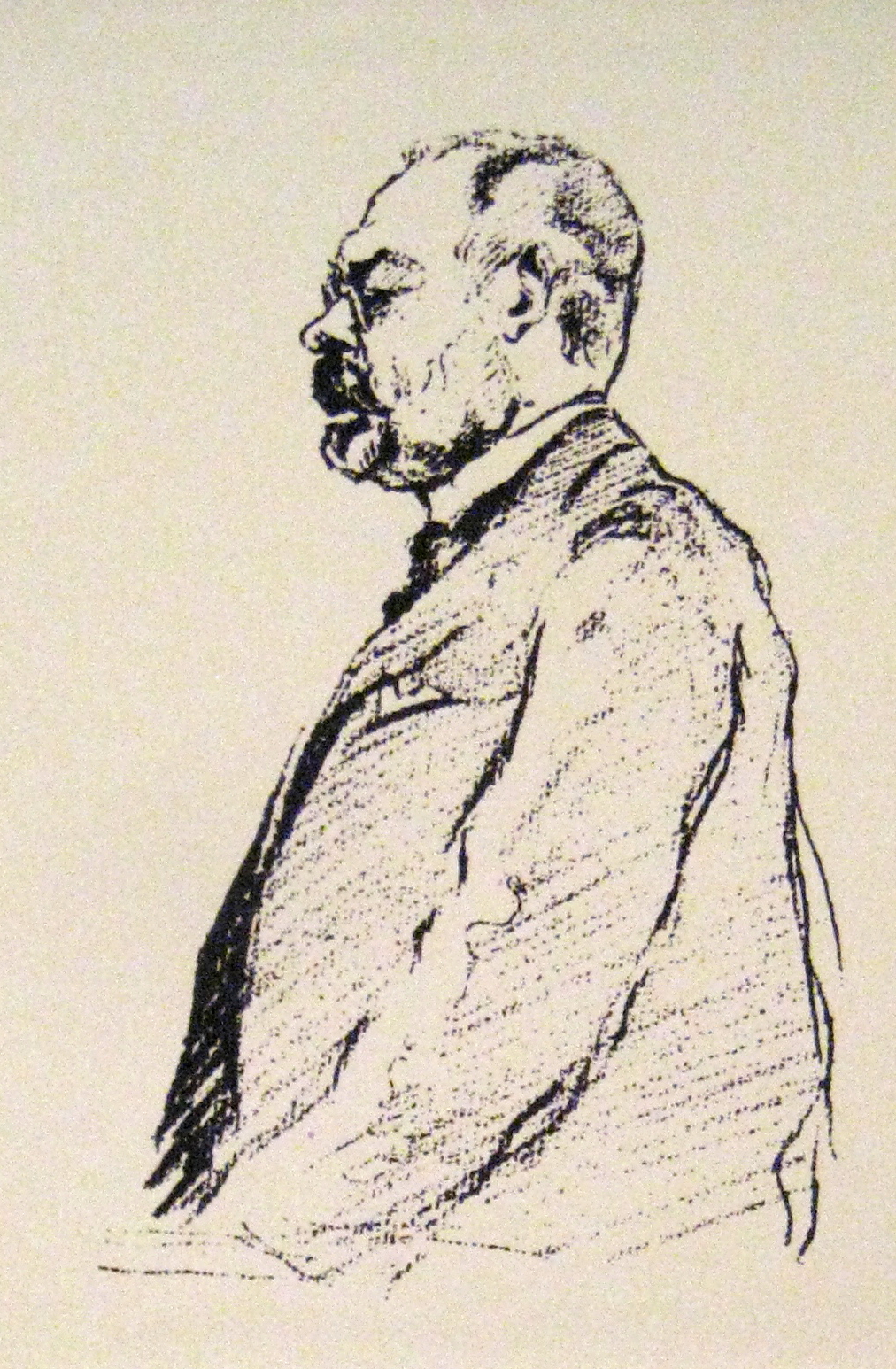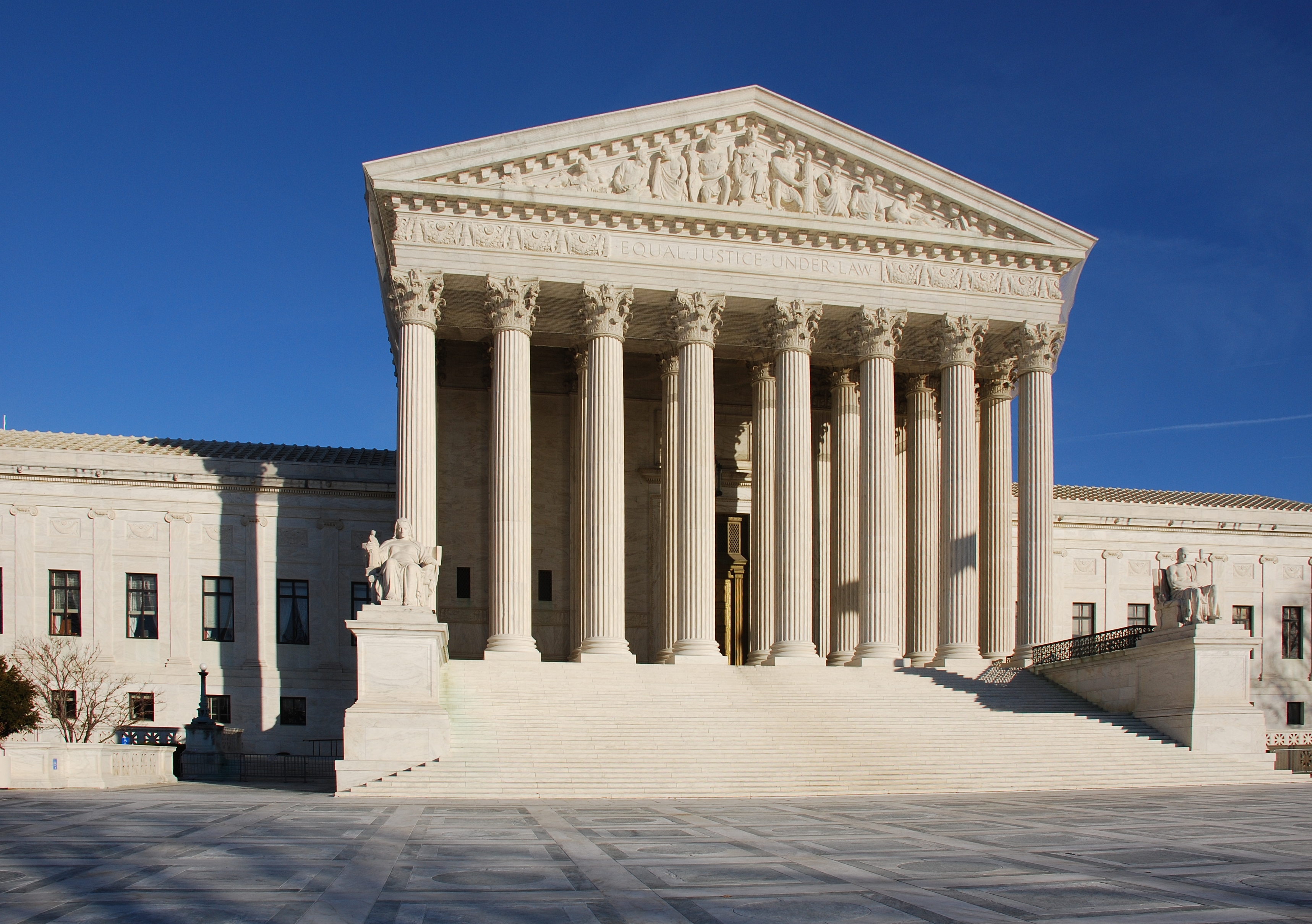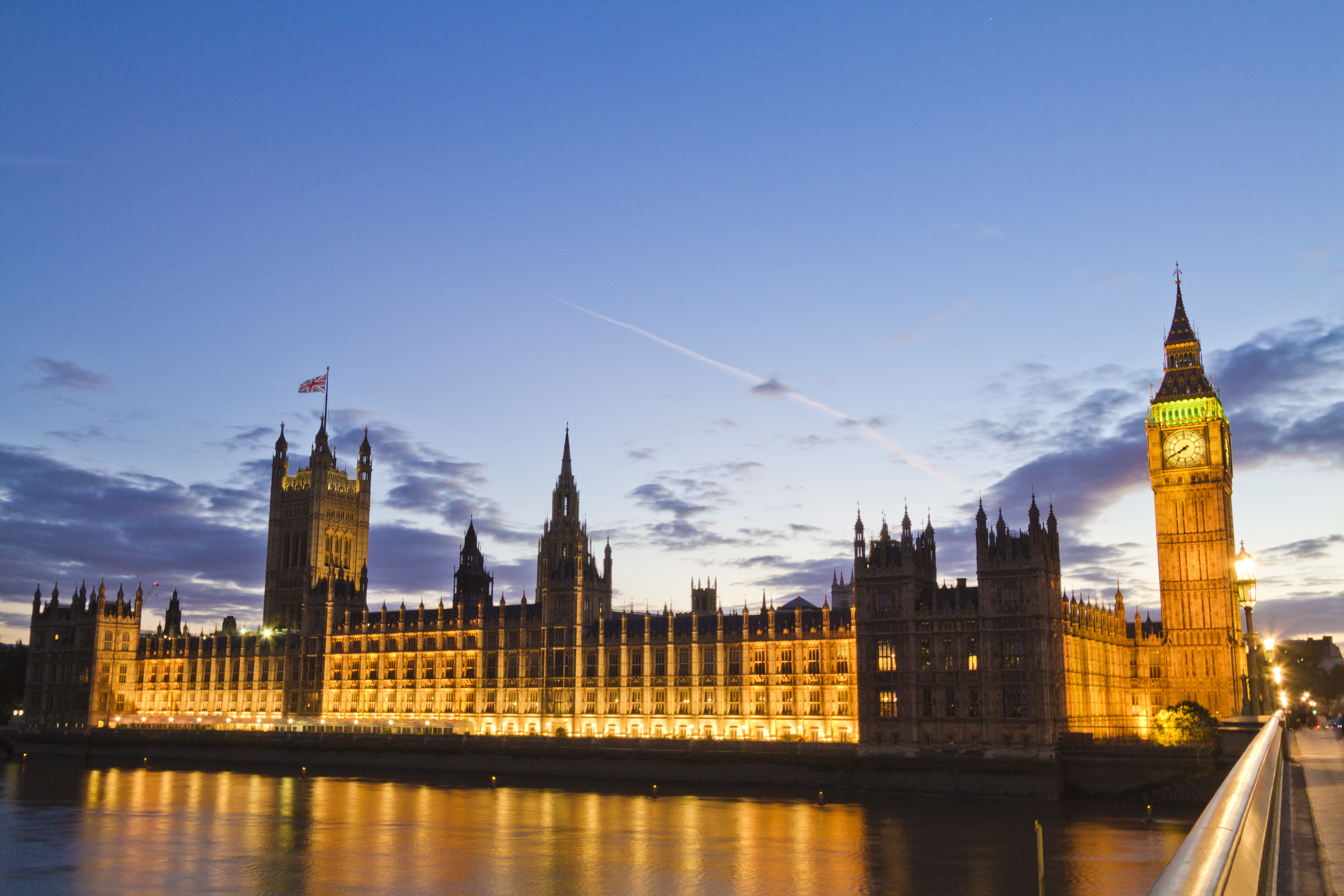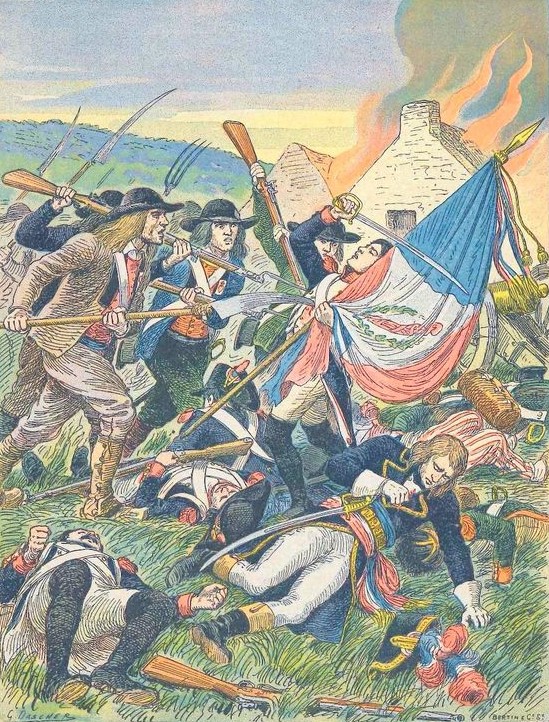|
Union Of October 17
The Union of 17 October (, ''Soyuz 17 Oktyabrya''), commonly known as the Octobrist Party (Russian: Октябристы, ''Oktyabristy''), was a liberal-reformist constitutional monarchist political party in late Imperial Russia. It represented moderately right-wing, anti-revolutionary and constitutionalist views. History The party's programme of moderate constitutionalism called for the fulfilment of Tsar Nicholas II's '' October Manifesto'', granted on 30 October .S. 17 October1905 at the peak of the Russian Revolution of 1905. Founded shortly afterwards, from 1906 it was led by the industrialist Alexander Guchkov, who drew support from centrist-liberal gentry, businessmen and some bureaucrats. Unlike their immediate neighbours to the left, the Constitutional Democrats, the Octobrists were firmly committed to a system of constitutional monarchy. At the same time they emphasised the need for a strong parliament and a government that would be responsible to it. They we ... [...More Info...] [...Related Items...] OR: [Wikipedia] [Google] [Baidu] |
Alexander Guchkov
Alexander Ivanovich Guchkov (; 14 October 1862 – 14 February 1936) was a Russian politician, Chairman of the Third Duma and Minister of War in the Russian Provisional Government. Early years Alexander Guchkov was born in Moscow. Unlike most of the conservative politicians of that time, Guchkov did not belong to the Russian nobility. His father, the grandson of a peasant, was a factory owner of some means, whose family came from a stock of Old Believers who had acknowledged the authority of the Russian Orthodox Church while keeping their ancient ritual. His mother was French. Guchkov studied history and humanities at the Moscow State University, and, after having gone through his military training in a grenadier regiment, left for Germany where he read political economy in Berlin under Schmoller. Academic studies were, however, not suited to his active and adventurous character. He gave them up and started traveling. He rode alone on horseback through Mongolia to western Si ... [...More Info...] [...Related Items...] OR: [Wikipedia] [Google] [Baidu] |
State Duma (Russian Empire)
The State Duma, also known as the Imperial Duma, was the lower house of the legislature in the Russian Empire, while the upper house was the State Council. It held its meetings in the Tauride Palace in Saint Petersburg. It convened four times between 27 April 1906 and the collapse of the empire in February 1917. The first and the second dumas were more democratic and represented a greater number of national types than their successors. The third duma was dominated by gentry, landowners, and businessmen. The fourth duma held five sessions; it existed until 2 March 1917, and was formally dissolved on 6 October 1917. History Coming under pressure from the Russian Revolution of 1905, on August 6, 1905 (O.S.), Sergei Witte (appointed by Nicholas II to manage peace negotiations with Japan after the Russo-Japanese War of 1904–1905) issued a manifesto about the convocation of the Duma, initially thought to be a purely advisory body, the so-called Bulygin-Duma. In the subsequen ... [...More Info...] [...Related Items...] OR: [Wikipedia] [Google] [Baidu] |
Constitutionalism
Constitutionalism is "a compound of ideas, attitudes, and patterns of behavior elaborating the principle that the authority of government derives from and is limited by a body of fundamental law". Political organizations are constitutional to the extent that they "contain institutionalized mechanisms of power control for the protection of the interests and liberties of the citizenry, including those that may be in the minority". As described by political scientist and constitutional scholar David Fellman: Definition Constitutionalism has prescriptive and descriptive uses. Law professor Gerhard Casper captured this aspect of the term in noting, "Constitutionalism has both descriptive and prescriptive connotations. Used descriptively, it refers chiefly to the historical struggle for constitutional recognition of the people's right to 'consent' and certain other rights, freedoms, and privileges. Used prescriptively, its meaning incorporates those features of government se ... [...More Info...] [...Related Items...] OR: [Wikipedia] [Google] [Baidu] |
Repin 17October
Repin (; masculine) or Repina (; feminine) is a Russian last name. It is derived from the sobriquet and may refer to the following people: *Ilya Repin (1844–1930), Russian painter * Nikolay Repin (b. 1932), Soviet painter *Vadim Repin (b. 1971), Russian violinist Archaeology *The Repin culture, the first phase (or, depending on the author, the forerunner) of the Pit Grave/Ochre Grave/Yamnaya culture. Other uses *Řepín, a village and municipality of the Czech Republic. *2468 Repin, a Main-belt Asteroid named after Ilya Repin. See also *Repino Repino () is the name of several inhabited localities in Russia. Modern localities ;Urban localities *Repino, Saint Petersburg, a municipal settlement in Kurortny District of the federal city of St. Petersburg ;Rural localities * Repino, Ch ..., several inhabited localities in Russia {{Disambiguation, surname Russian-language surnames ... [...More Info...] [...Related Items...] OR: [Wikipedia] [Google] [Baidu] |
Constitutionalist
Constitutionalism is "a compound of ideas, attitudes, and patterns of behavior elaborating the principle that the authority of government derives from and is limited by a body of fundamental law". Political organizations are constitutional to the extent that they "contain institutionalized mechanisms of power control for the protection of the interests and liberties of the citizenry, including those that may be in the minority". As described by political scientist and constitutional scholar David Fellman: Definition Constitutionalism has prescriptive and descriptive uses. Law professor Gerhard Casper captured this aspect of the term in noting, "Constitutionalism has both descriptive and prescriptive connotations. Used descriptively, it refers chiefly to the historical struggle for constitutional recognition of the people's right to 'consent' and certain other rights, freedoms, and privileges. Used prescriptively, its meaning incorporates those features of government se ... [...More Info...] [...Related Items...] OR: [Wikipedia] [Google] [Baidu] |
Anti-revolutionary
A counter-revolutionary or an anti-revolutionary is anyone who opposes or resists a revolution, particularly one who acts after a revolution has occurred, in order to try to overturn it or reverse its course, in full or in part. The adjective "counter-revolutionary" pertains to movements that would restore the state of affairs, or the principles, that prevailed during a pre-revolutionary era. Definition A counter-revolution is opposition or resistance to a revolutionary movement. It can refer to attempts to defeat a revolutionary movement before it takes power, as well as attempts to restore the old regime after a successful revolution. Europe France The word "counter-revolutionary" originally referred to thinkers who opposed themselves to the 1789 French Revolution, such as Joseph de Maistre, Louis de Bonald or, later, Charles Maurras, the founder of the ''Action Française'' monarchist movement. More recently, it has been used in France to describe political movements th ... [...More Info...] [...Related Items...] OR: [Wikipedia] [Google] [Baidu] |
Right-wing
Right-wing politics is the range of political ideologies that view certain social orders and hierarchies as inevitable, natural, normal, or desirable, typically supporting this position based on natural law, economics, authority, property, religion, or tradition. Hierarchy and inequality may be seen as natural results of traditional social differences or competition in market economies. Right-wing politics are considered the counterpart to left-wing politics, and the left–right political spectrum is the most common political spectrum. The right includes social conservatives and fiscal conservatives, as well as right-libertarians. "Right" and "right-wing" have been variously used as compliments and pejoratives describing neoliberal, conservative, and fascist economic and social ideas. Positions The following positions are typically associated with right-wing politics. Anti-communism Early communists used the term "right-wing" in reference to conservatives ... [...More Info...] [...Related Items...] OR: [Wikipedia] [Google] [Baidu] |
Imperial Russia
Imperial is that which relates to an empire, emperor/empress, or imperialism. Imperial or The Imperial may also refer to: Places United States * Imperial, California * Imperial, Missouri * Imperial, Nebraska * Imperial, Pennsylvania * Imperial, Texas * Imperial, West Virginia * Imperial, Virginia * Imperial County, California * Imperial Valley, California * Imperial Beach, California Elsewhere * Imperial (Madrid), an administrative neighborhood in Spain * Imperial, Saskatchewan, a town in Canada Buildings * Imperial Apartments, a building in Brooklyn, New York * Imperial City, Huế, a palace in Huế, Vietnam * Imperial Palace (other) * Imperial Towers, a group of lighthouses on Lake Huron, Canada * The Imperial (Mumbai), a skyscraper apartment complex in India * Imperial War Museum, a British military museum and organisation based in London, UK * * Imperial War Museum Duxford, an aviation museum in Cambridgeshire, UK * * Imperial War Museum Nort ... [...More Info...] [...Related Items...] OR: [Wikipedia] [Google] [Baidu] |
Constitutional Monarchy
Constitutional monarchy, also known as limited monarchy, parliamentary monarchy or democratic monarchy, is a form of monarchy in which the monarch exercises their authority in accordance with a constitution and is not alone in making decisions. Constitutional monarchies differ from absolute monarchies (in which a monarch is the only decision-maker) in that they are bound to exercise powers and authorities within limits prescribed by an established legal framework. A constitutional monarch in a parliamentary democracy is a hereditary symbolic head of state (who may be an emperor, king or queen, prince or grand duke) who mainly performs representative and civic roles but does not exercise executive or policy-making power. Constitutional monarchies range from countries such as Liechtenstein, Monaco, Morocco, Jordan, Kuwait, Bahrain and Bhutan, where the constitution grants substantial discretionary powers to the sovereign, to countries such as the United Kingdom and other Com ... [...More Info...] [...Related Items...] OR: [Wikipedia] [Google] [Baidu] |
Reformist
Reformism is a political tendency advocating the reform of an existing system or institution – often a political or religious establishment – as opposed to its abolition and replacement via revolution. Within the socialist movement, reformism is the view that gradual changes through existing institutions can eventually lead to fundamental changes in a society's political and economic systems. Reformism as a political tendency and hypothesis of social change grew out of opposition to revolutionary socialism, which contends that revolutionary upheaval is a necessary precondition for the structural changes necessary to transform a capitalist system into a qualitatively different socialist system. Responding to a pejorative conception of reformism as non- transformational, philosopher André Gorz conceived non-reformist reform in 1987 to prioritize human needs over capitalist needs. As a political doctrine, centre-left reformism is distinguished from centre-right or pra ... [...More Info...] [...Related Items...] OR: [Wikipedia] [Google] [Baidu] |
Liberalism
Liberalism is a Political philosophy, political and moral philosophy based on the Individual rights, rights of the individual, liberty, consent of the governed, political equality, the right to private property, and equality before the law. Liberals espouse various and often mutually conflicting views depending on their understanding of these principles but generally support private property, market economies, individual rights (including civil rights and human rights), liberal democracy, secularism, rule of law, Economic freedom, economic and political freedom, freedom of speech, freedom of the press, freedom of assembly, and freedom of religion.Generally support: * * * * * * *constitutional government and privacy rights * Liberalism is frequently cited as the dominant ideology of modern history.Wolfe, p. 23. Liberalism became a distinct Political movement, movement in the Age of Enlightenment, gaining popularity among Western world, Western philosophers and economists. L ... [...More Info...] [...Related Items...] OR: [Wikipedia] [Google] [Baidu] |
1912 Russian Legislative Election
Legislative elections were held in the Russian Empire in September 1912 to elect the 442 members of the fourth State Duma.Theofanis G. Stavrou (1969) ''Russia Under the Last Tsar'' U of Minnesota Press, p108 Electoral Process The elections to the fourth State Duma were conducted on Electoral Law 1907, which were the same laws as the third State Duma had been elected under in the October 1907 Russian legislative election. Results Around 51% of those elected were nobles, the highest during the Tsarist era. Both the right- and left-wing increased their representation in the Duma; right-wing candidates won 153 seats and left-wingers 152, whilst the centrists, including the Union of October 17, were reduced to 130 seats. Aftermath Following the elections, the Union of October 17 became an opposition party due to its harassment by the government during the election. See also * History of Russia (1894–1917) * Russian Revolution of 1905 * Coup of June 1907 * Stolypin r ... [...More Info...] [...Related Items...] OR: [Wikipedia] [Google] [Baidu] |







